Some Of The WNBA’s Most Controversial Players
Since its first season in 1997, the WNBA has provided a thrilling women’s counterpart to the NBA — and just like the NBA, the WNBA is a league that’s thrived on elite talent, dynastic franchises, and no shortage of controversy.
While controversial players have occasionally cast the league — and the women’s game as a whole — in a negative light, these players have generally been a net positive for the league, as their polarizing activities, both on and off the court, have made the WNBA must-watch basketball.
Angel Reese

Reese’s reputation preceded her, as she first gained national prominence for her collegiate run with the LSU Tigers — which included her famously taunting Iowa Hawkeyes phenom Caitlin Clark during the 2023 NCAA Women’s Basketball Tournament.
Reese entered the WNBA with the Chicago Sky and continued her unapologetically confident style, which earned her the nickname of “Bayou Barbie.” Fans, eager to see the next chapters of the Reese/Clark rivalry, didn’t have to wait long, as the two clashed regularly. Reese is viewed by some as a basketball villain, and by others as a cultural icon.
Diana Taurasi
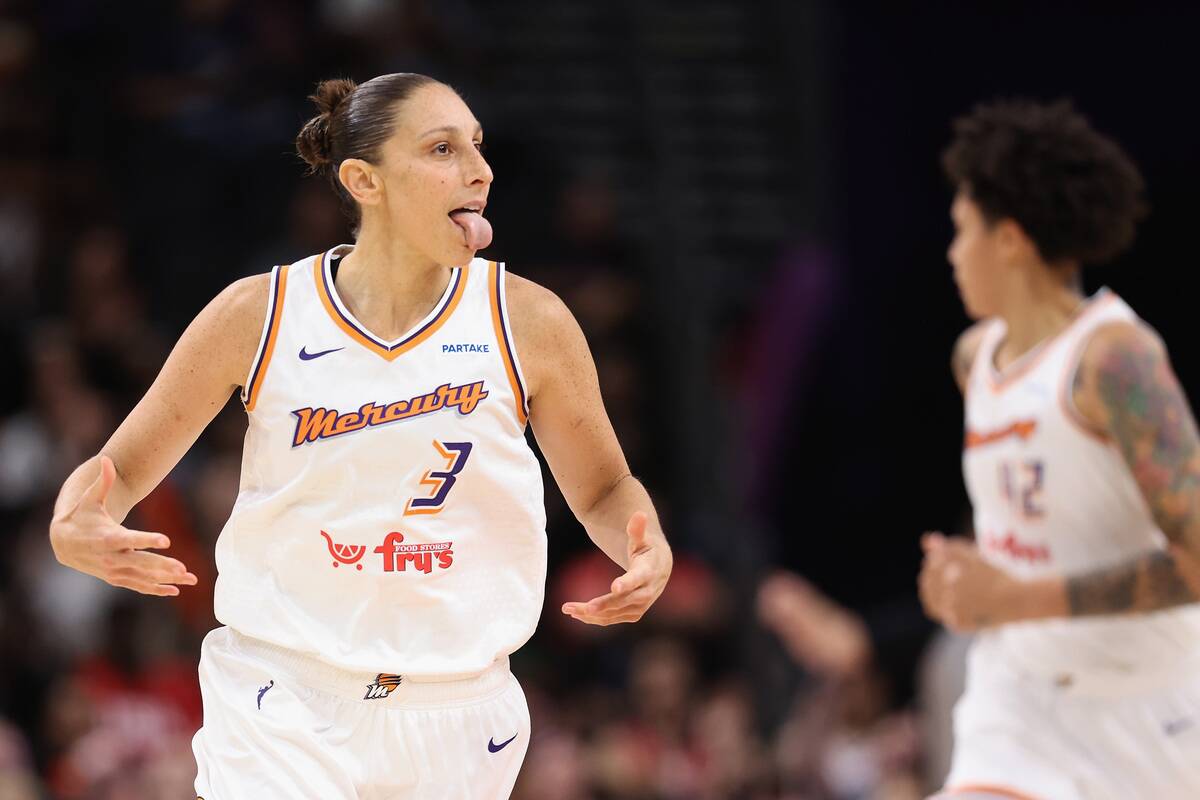
Diana Taurasi is regarded by pretty much everyone as one of the greatest players in WNBA history, but that doesn’t mean that she’s been free of controversy. Instead, much of her reputation is centered on her penchant for trash talk and fiery competitiveness.
Taurasi’s competitive nature frequently boiled over during her career, resulting in frequent technical fouls and ejections — even once shoving a referee during an international game. In 2024, she predicted that Caitlin Clark would struggle in the WNBA (this prediction turned out to be false). Taurasi’s fans point to her career accolades, along with the fact that ultra-competitive male players — such as Kobe Bryant and Michael Jordan — are celebrated rather than villainized.
Liz Cambage
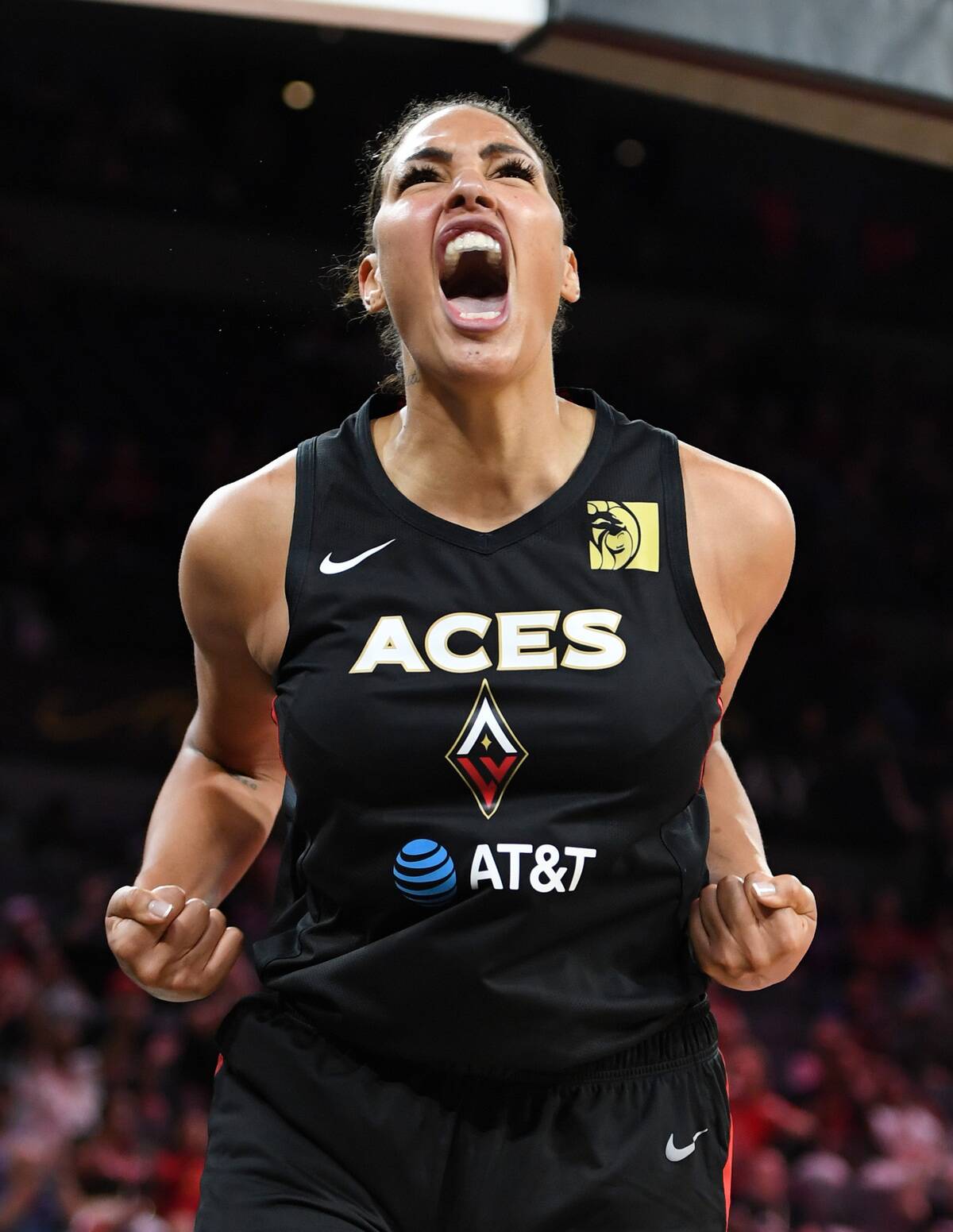
Liz Cambage, a dominant 6’8″ Australian, is a fierce opponent in the paint and an outspoken voice of the WNBA establishment. Cambage has never shied away from calling attention to the league’s pay disparities and lack of investment.
Further fanning the flames of controversy, reports surfaced that Cambage had used racially-charged language towards her Nigerian opponents during a 2021 international scrimmage (she denied the allegations). In 2022, her tenure with the Los Angeles Sparks abruptly ended after reported tensions with her teammates and coaching staff.
Brittney Griner
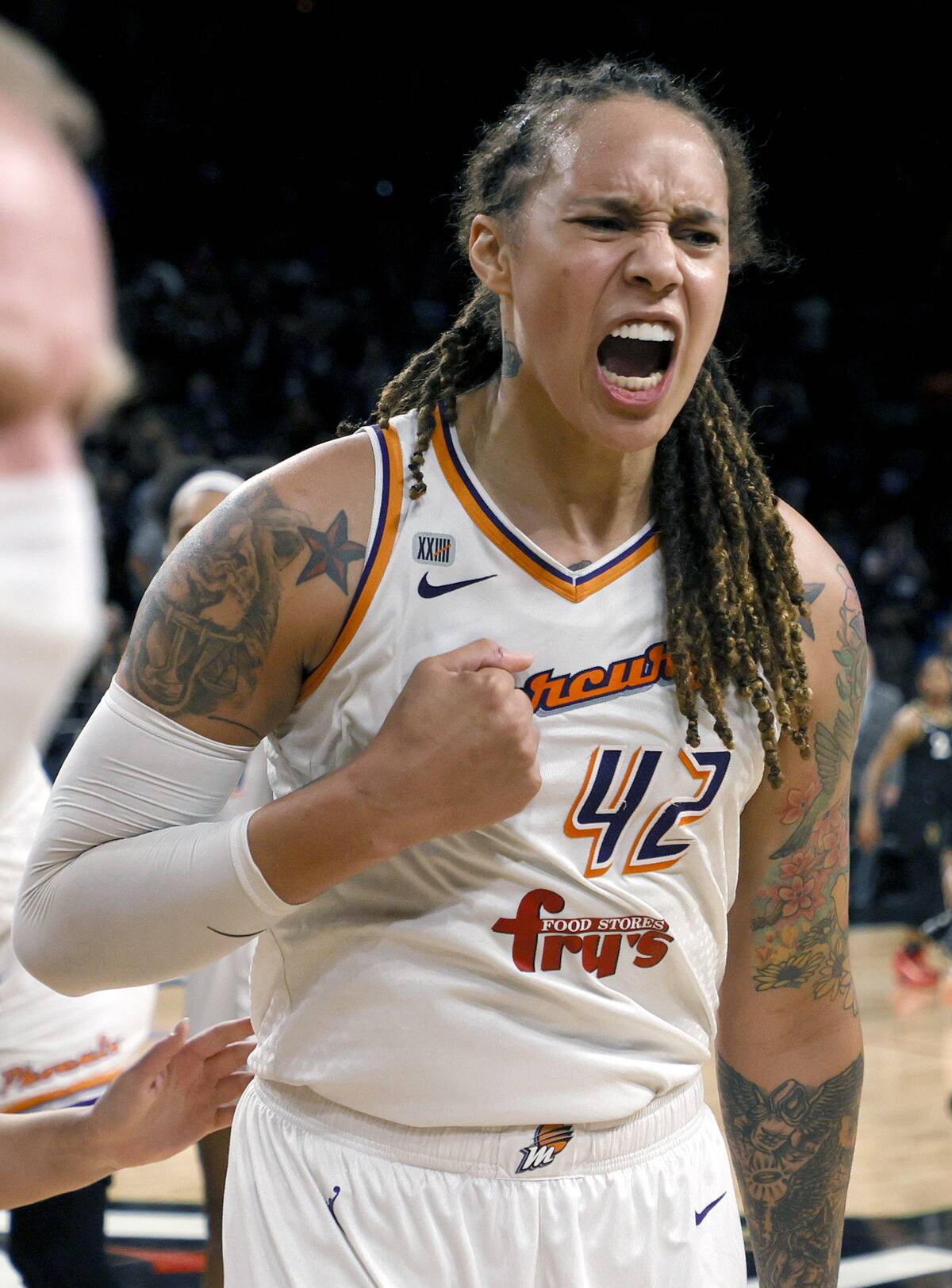
Griner, one of the most physically imposing players the WNBA has ever seen, has become controversial almost entirely for things that have happened off the court. In 2015, Griner and her then-fiancée were arrested for domestic violence just weeks before their marriage.
Later, in 2022, came her most high-profile controversy when she became an unwitting player in a geopolitical controversy. Griner was arrested in Russia for carrying an illicit substance and subsequently sentenced to nine years in prison. After nearly ten months of detainment, she was released in a controversial prisoner swap.
Candace Parker
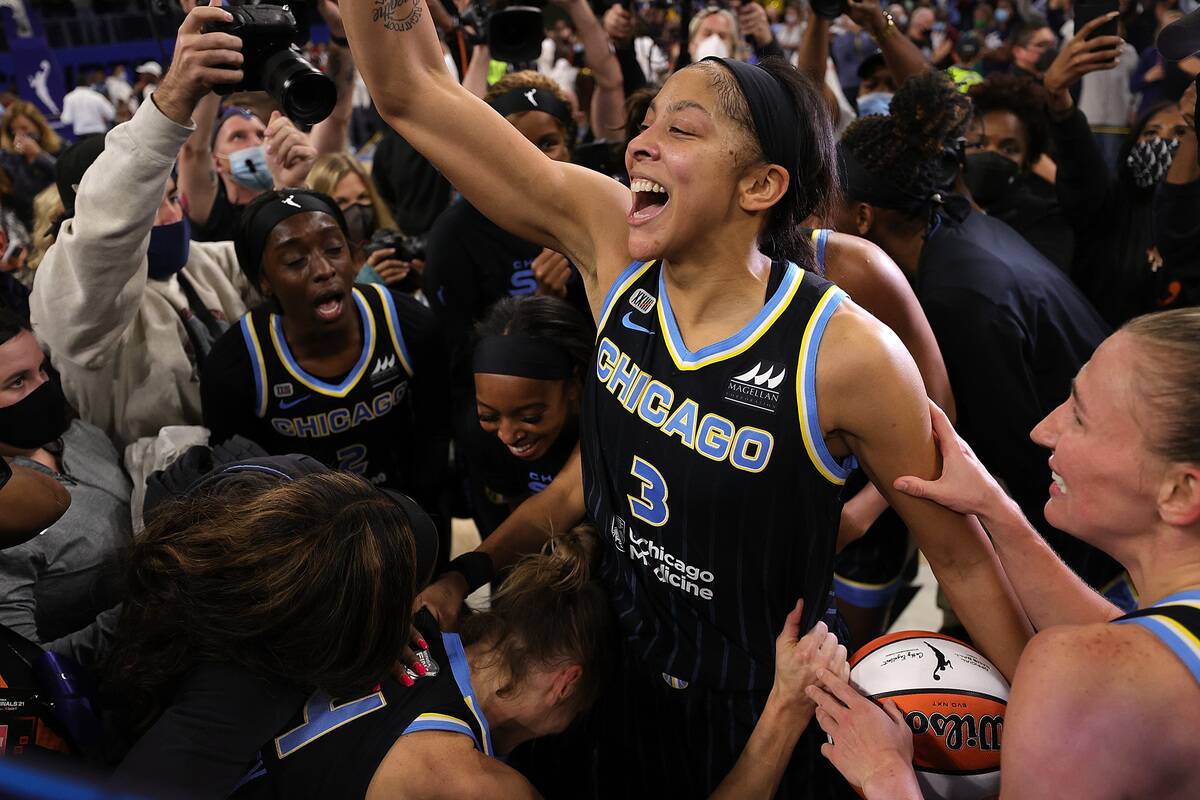
Two-time WNBA MVP Candace Parker was at the center of one of the WNBA’s most infamous on-court brawls in 2008 when a massive fight broke out between the Detroit Shock and Parker’s Los Angeles Sparks.
Parker was also known for her long-running feud with UConn coach Geno Auriemma, which led to Auriemma leaving her off the 2016 Olympic team despite her elite stats. Always one to lean into controversy, Parker has also been fearless in her criticism of the WNBA’s lack of marketing for its stars, and disparities between salaries in men’s and women’s basketball in general.
Skylar Diggins-Smith
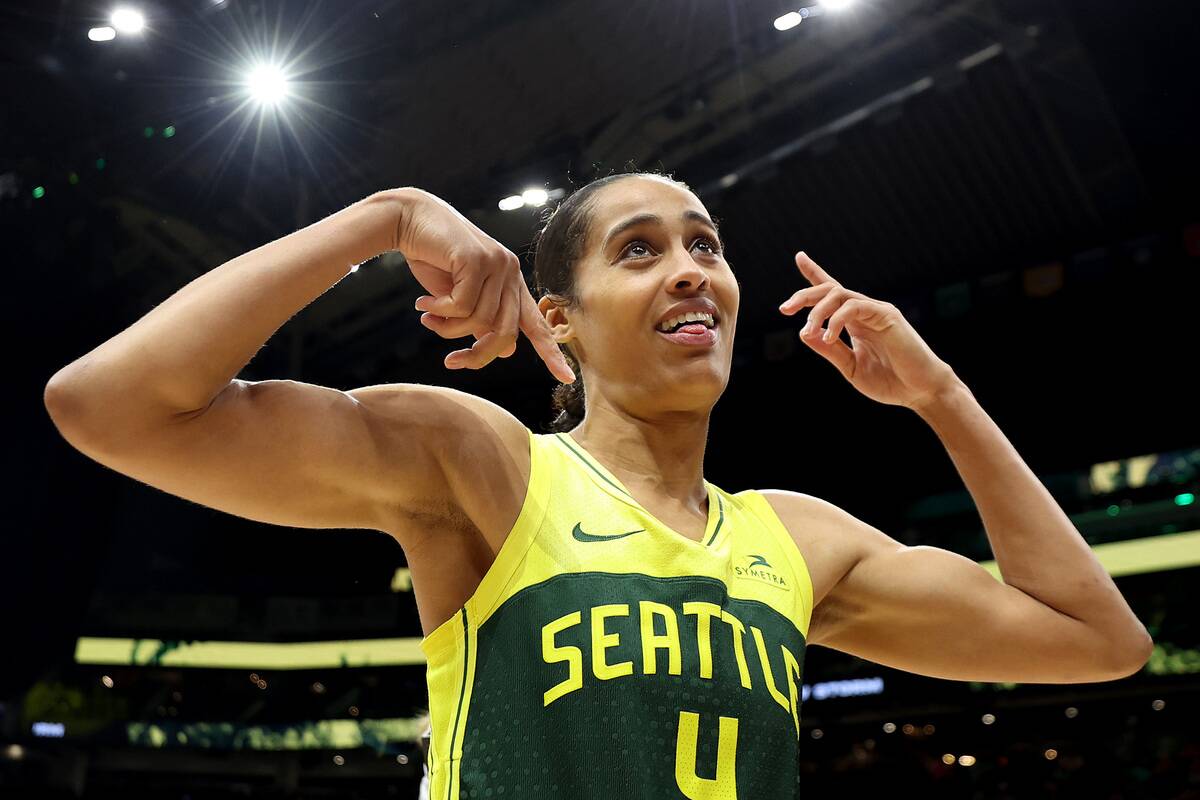
Diggins-Smith has established a reputation as one of the league’s best guards, but her career has been marked by frequent clashes and conflicts with management and teammates. She revealed in 2019 that she’d played an entire season with postpartum depression — all, she said, without adequate support from her team or the league.
This, along with other tensions, led to her leaving the Dallas Wings and joining the Phoenix Mercury. In Phoenix, she missed significant playing time for personal reasons amid reports that there were tensions between her and star center Brittney Griner.
Seimone Augustus
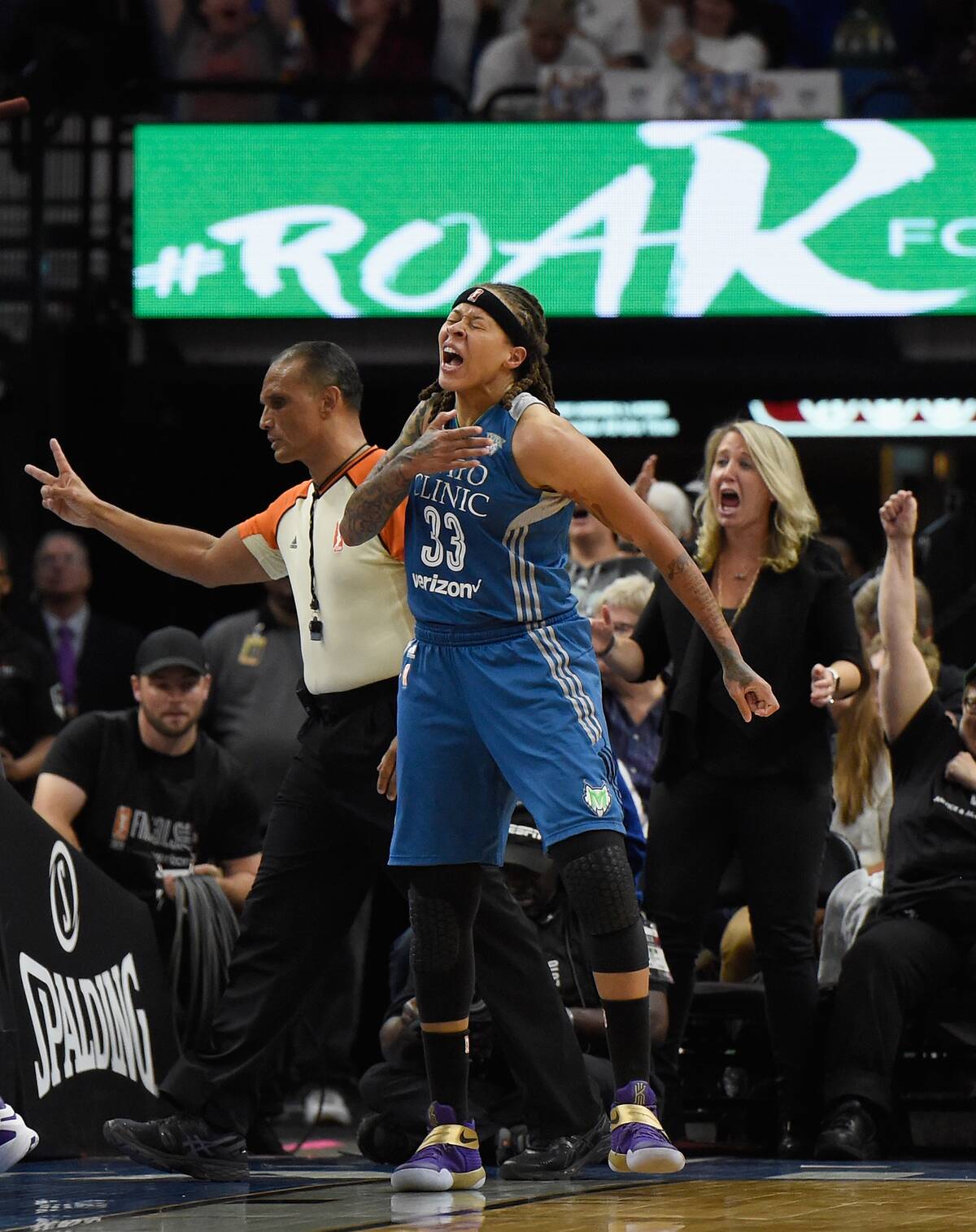
Augustus is a true trailblazer on and off the court, as she helped bring visibility to LGBTQ+ athletes at a time when few players were openly out of the closet. The fearless star doubled down, becoming an outspoken advocate of same-sex marriage.
In hindsight, it’s hard to see Augustus in anything but a positive light — but at the time, her outspokenness made her a lightning rod of controversy for more conservative fans and sports media.
Swin Cash
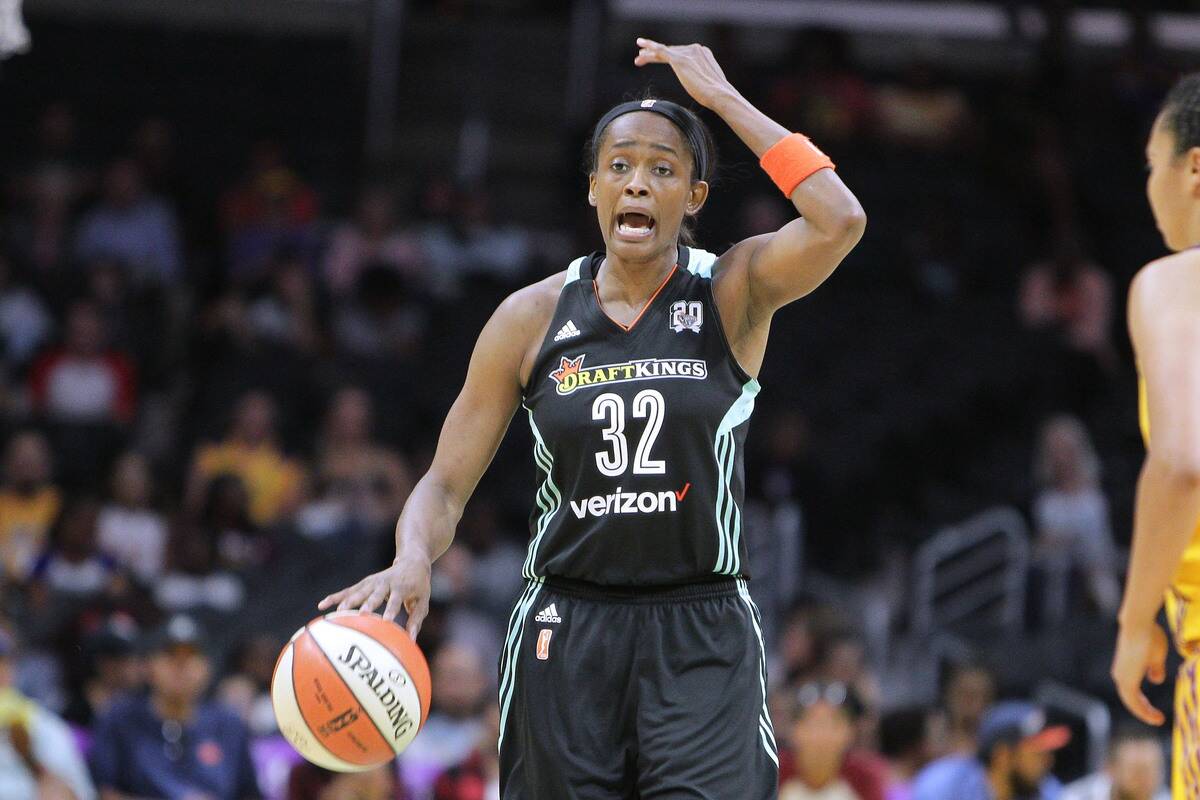
Cash won multiple WNBA championships and two Olympic gold medals during her career, but she was also known for her consistent willingness to challenge the status quo. As an advocate for racial and gender equity, Cash tirelessly used her platform to call out injustices both within and outside the league.
During her career, Cash criticized the WNBA’s pay disparities — and in retirement, she transitioned into front-office roles. This made her somewhat of a rarity in the league. While men’s sports leagues frequently feature retired players in the front office, it was less common at the time for the WNBA to have a high-profile Black woman in its front office.
Elena Del Donne
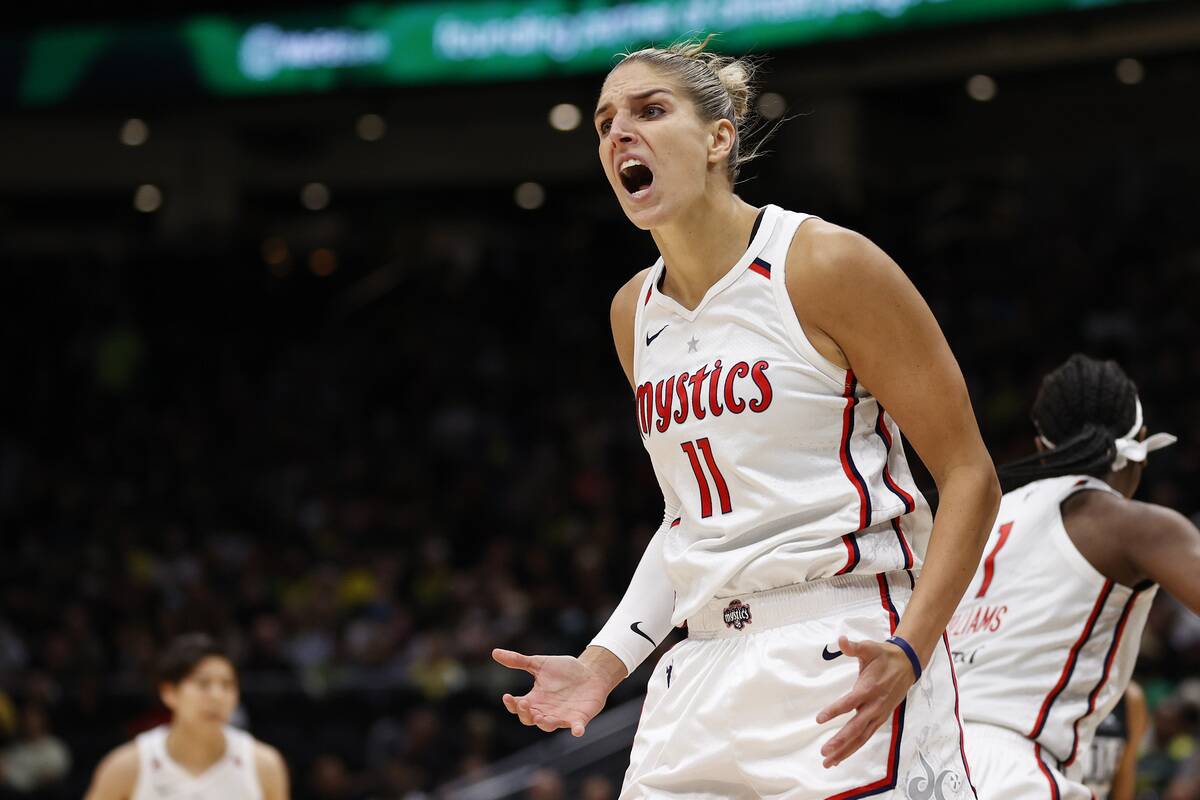
Two-time league MVP Elena Delle Donne found herself at the center of controversy during the COVID-19 pandemic. Delle Donne, who suffers from chronic Lyme disease, requested a medical exemption from the 2020 WNBA season — a request that was denied by the league, despite ample medical documentation.
Delle Donne fired back by writing a widely shared open letter describing how she takes dozens of pills a day to manage her condition, and how the WNBA’s response made her feel “disposable.”
Monique Currie
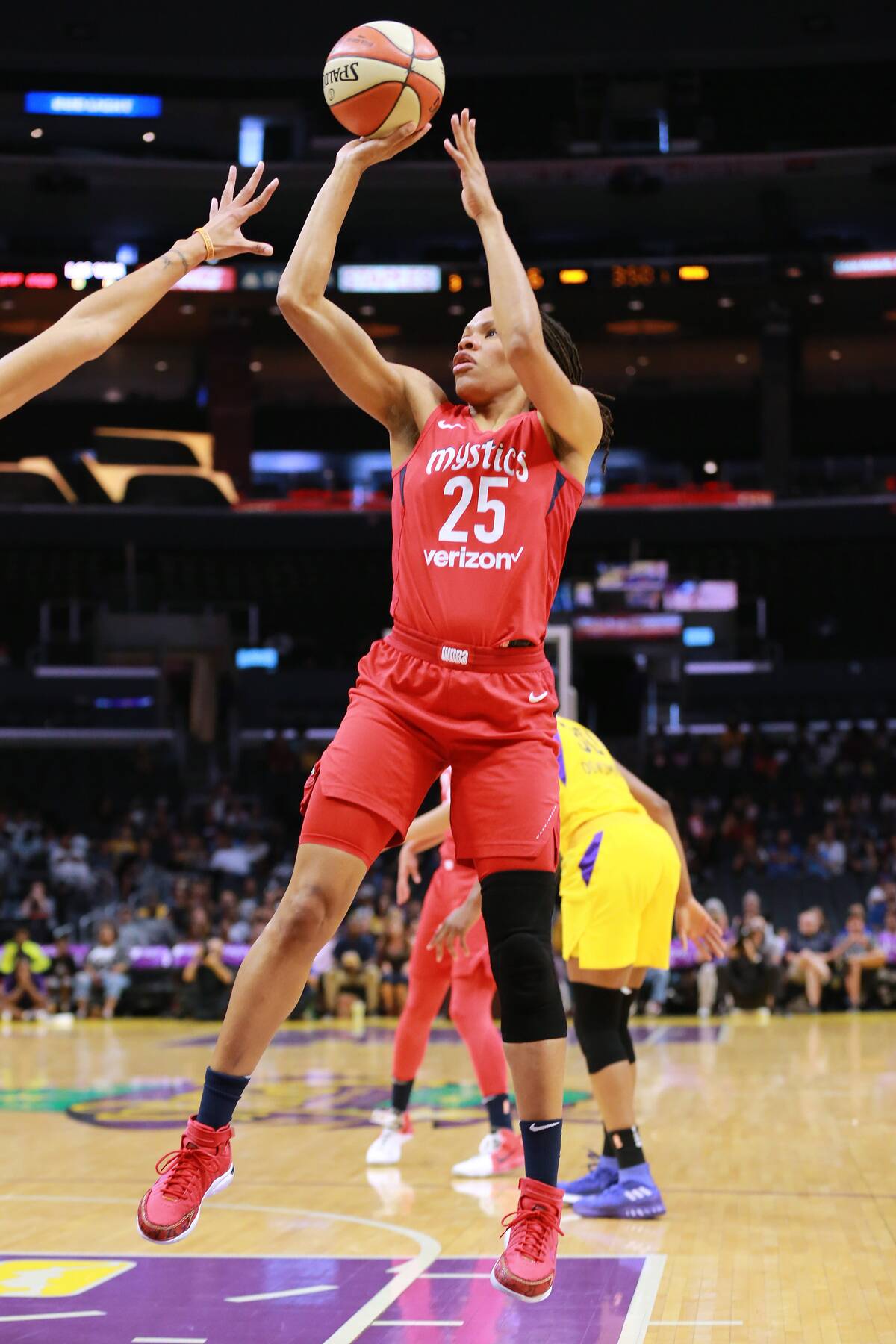
Currie, a tough and physical player, was known to toe the line between hard and dirty play during her decade-long career in the WNBA. In 2010, she found herself at the center of a heated altercation between her Washington Mystics and the New York Liberty, all after Currie committed a hard foul.
While she never fully escaped her reputation as a “dirty” player, Currie also attracted headlines off the court for her candor regarding issues such as racial relations and the WNBA’s overall image.
Plenette Pierson
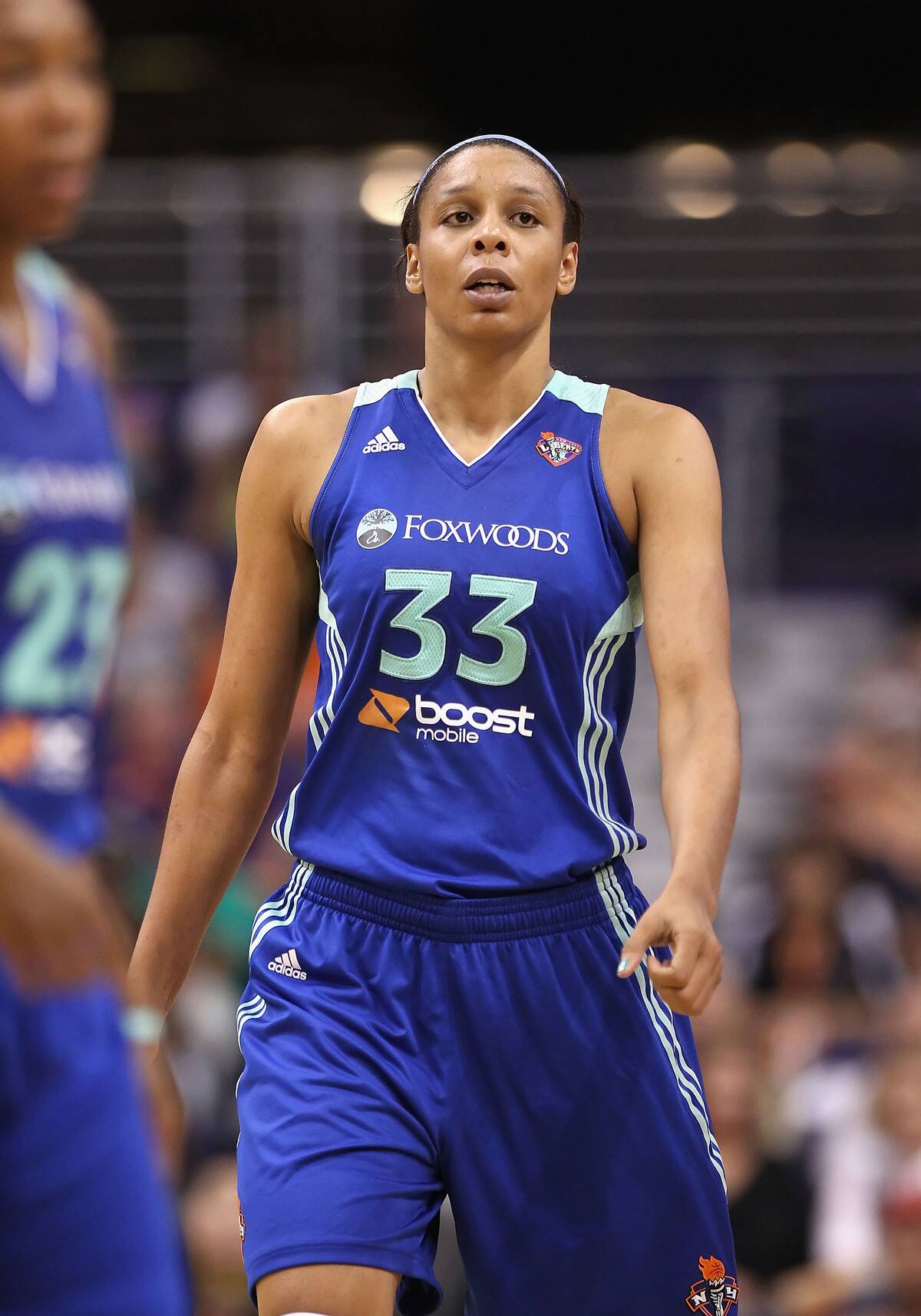
A hard-nosed, aggressive forward, Plenette Pierson filled the enforcer role for the Detroit Shock of the 2000s. She was involved in an infamous brawl against the Los Angeles Sparks in 2008, one in which she was painted as the main instigator.
Pierson kept a relatively low profile off the court, but earned her reputation as a gritty, physical player. While this style of play made her unpopular with opposing fans, it earned her championships and admiration from teammates.
Riquna Williams
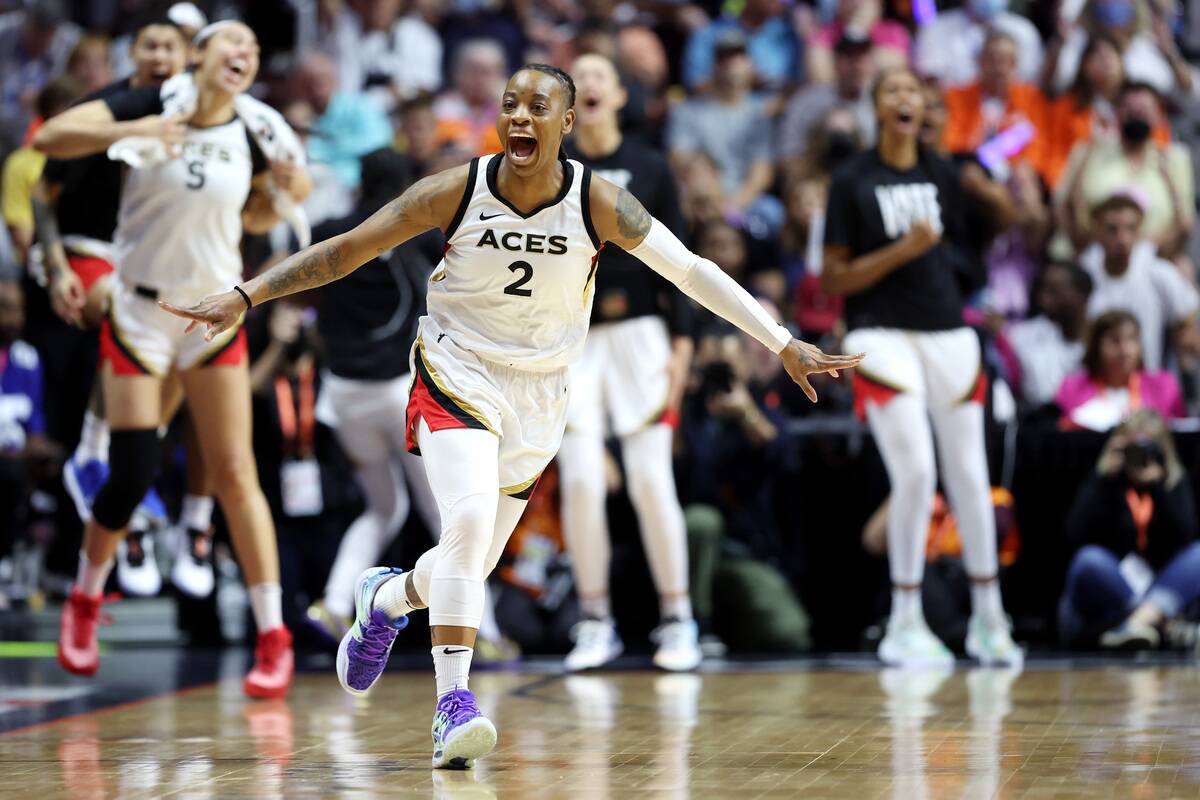
Riquna Williams is an undeniably talented player, but repeated run-ins with both the law and the WNBA’s disciplinary system have impacted her basketball career. She was arrested and suspended for ten games in 2019 after allegedly assaulting and threatening her ex-girlfriend.
In 2023, she was suspended once more after a nearly identical incident. The fact that Williams has twice been arrested following allegations that she assaulted and then threatened a partner with a weapon serves as a warning flag to any teams who might consider signing or trading for her.
Glory Johnson
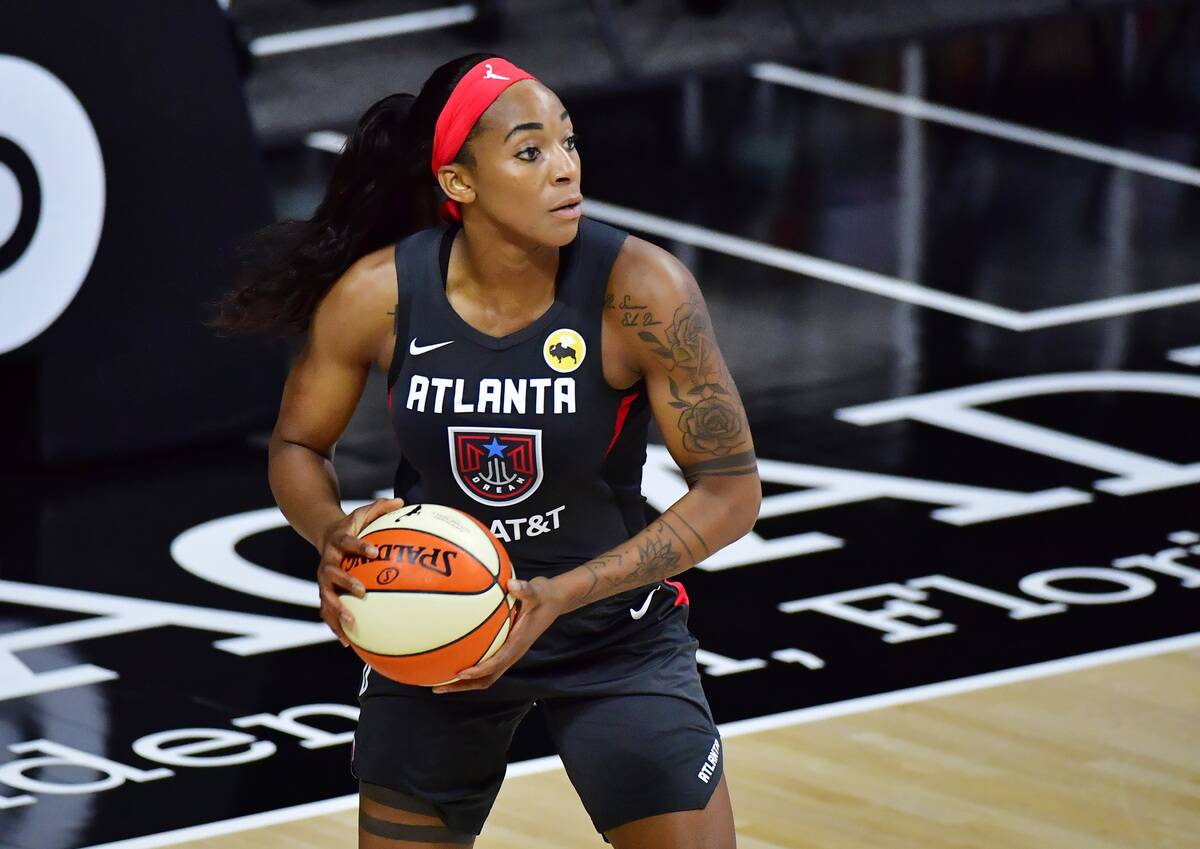
Glory Johnson’s basketball career has frequently been overshadowed by her high-profile, tumultuous relationship with fellow WNBA player Brittney Griner. Both players were arrested for domestic violence in 2015, patched up their differences and got married, then promptly sought an annulment.
The divorce proceedings played out in a messy, public way, revealing a custody battle over their twin daughters. Johnson has struggled to emerge from underneath the scandal of this off-the-court drama, and has spoken candidly about the emotional toll of the ordeal in recent years.
Chennedy Carter
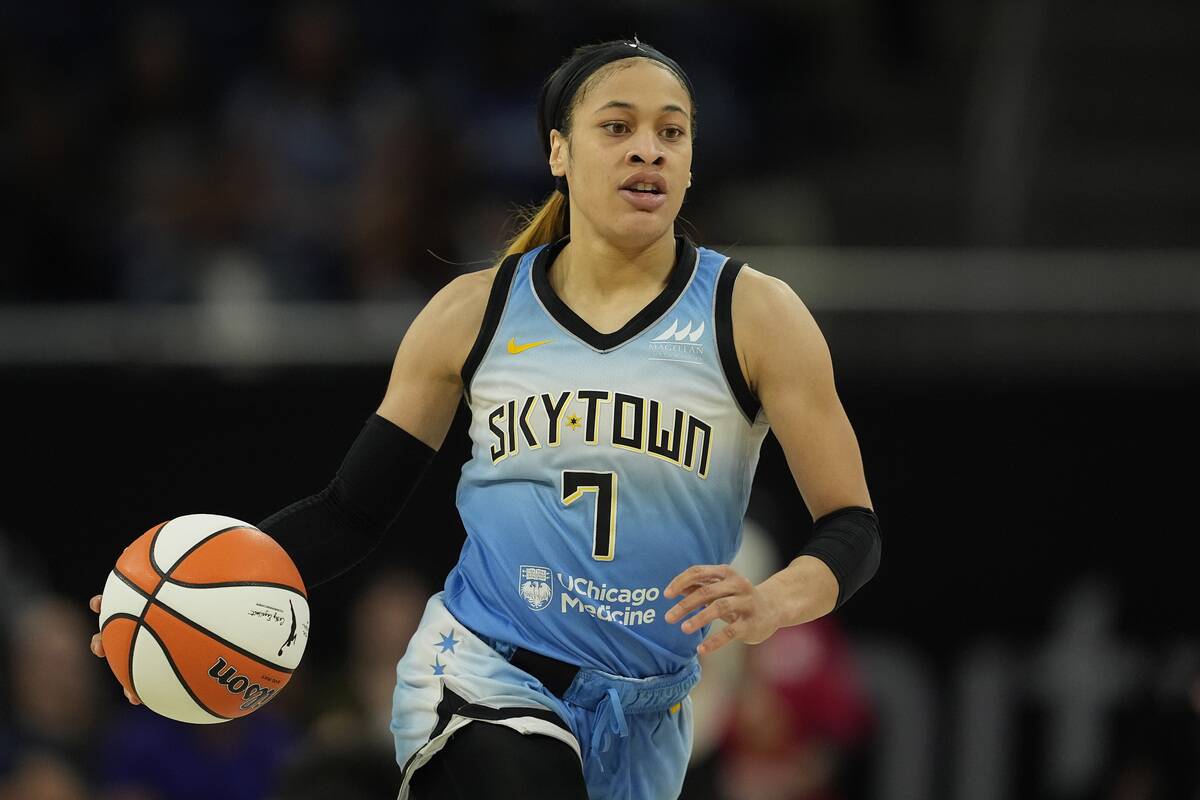
Chennedy Carter was drafted fourth overall by the Atlanta Dream in 2020, but was suspended indefinitely the following year for “conduct detrimental to the team” and never returned to play for the Dream.
Subsequent trades to the Los Angeles Sparks and then the Chicago Sky followed, with the increasing perception that Carter was a volatile talent with serious behavioral concerns. With the Sky, Carter and teammate Angel Reese drew criticism for their treatment of Indiana Fever star Caitlin Clark.
Caitlin Clark
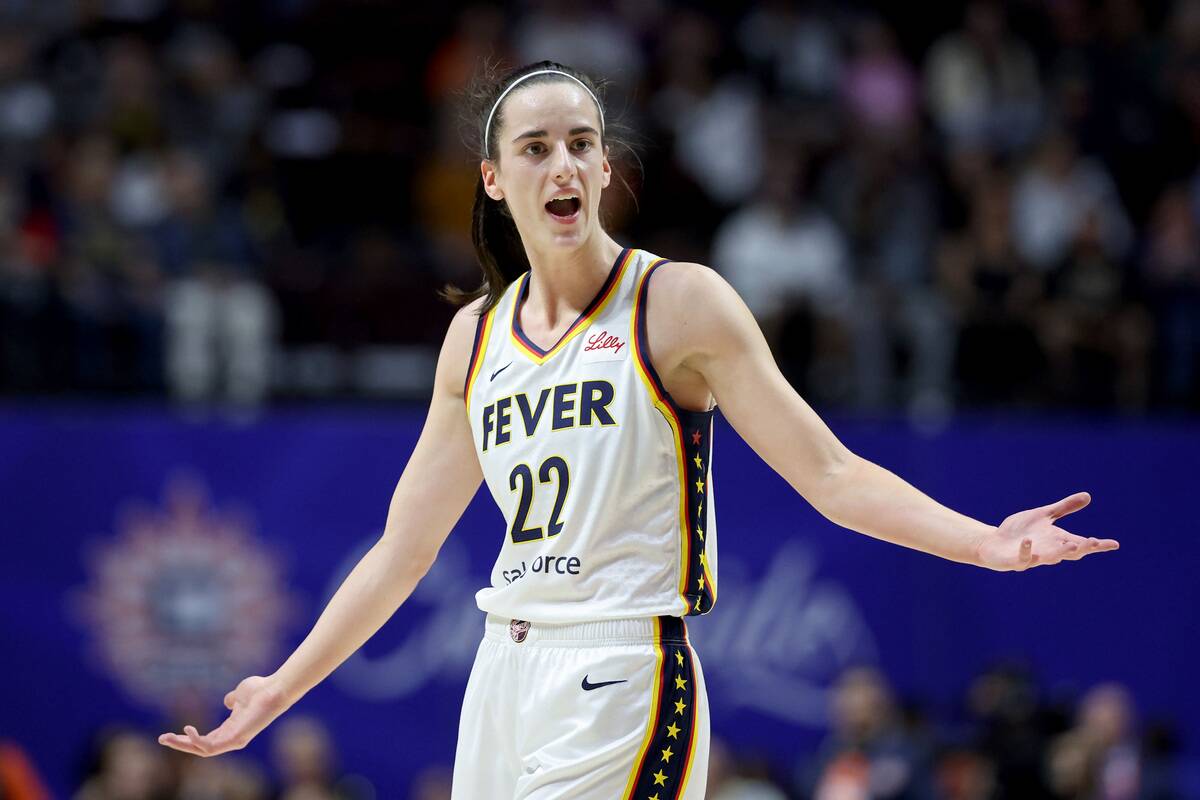
Generational phenom Caitlin Clark entered the WNBA following a record-breaking career at Iowa, and her status as the perceived “savior” of women’s basketball — before she’d even played a pro game — rubbed many observers the wrong way, as it shone a light on how an athlete’s race affects how they’re perceived.
Clark never leaned into the controversy and played hard throughout her rookie season. Still, she found herself facing repeated hard fouls from opponents who resented her cultural status. She’s stayed largely quiet on these issues, choosing to let her game do the talking.



